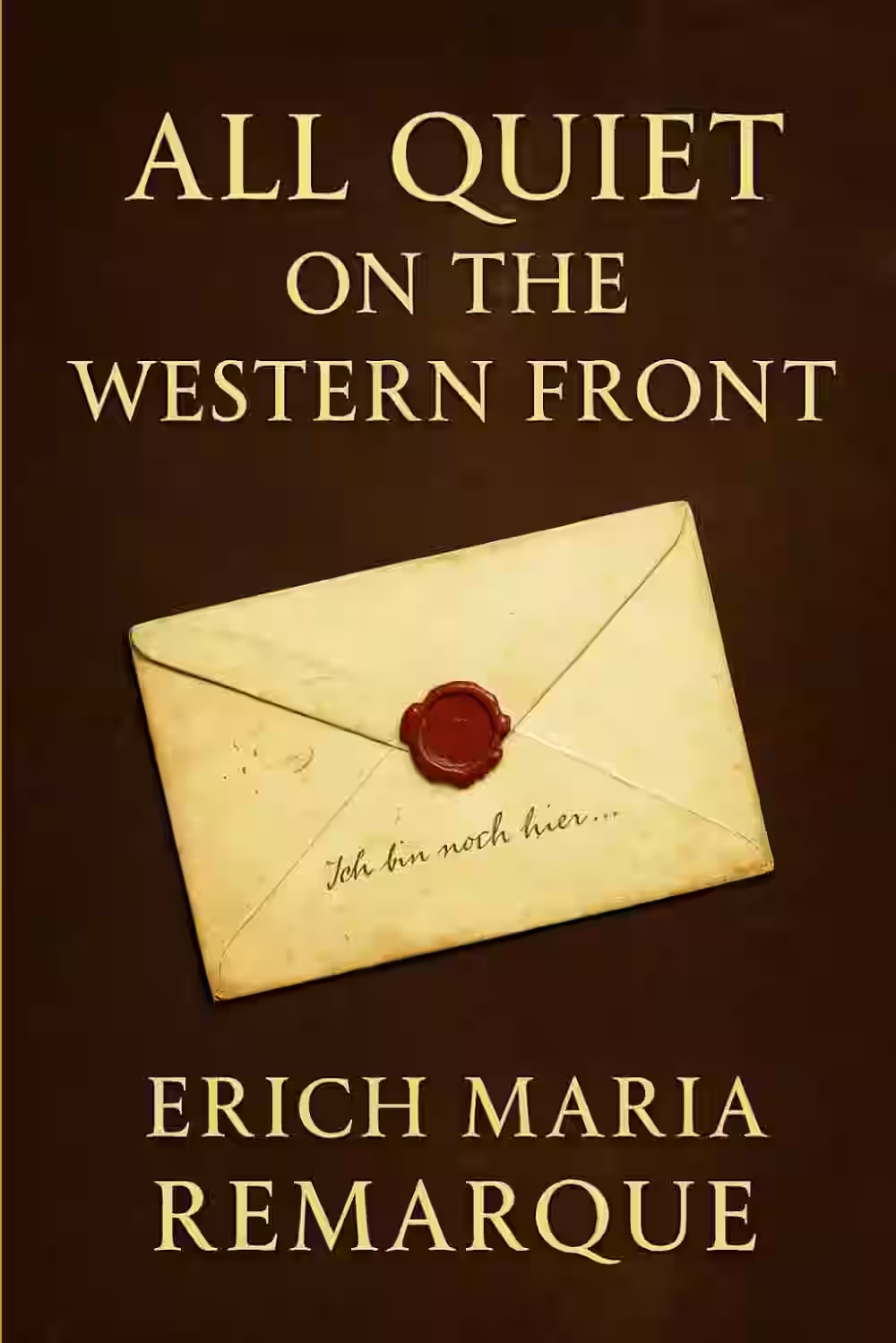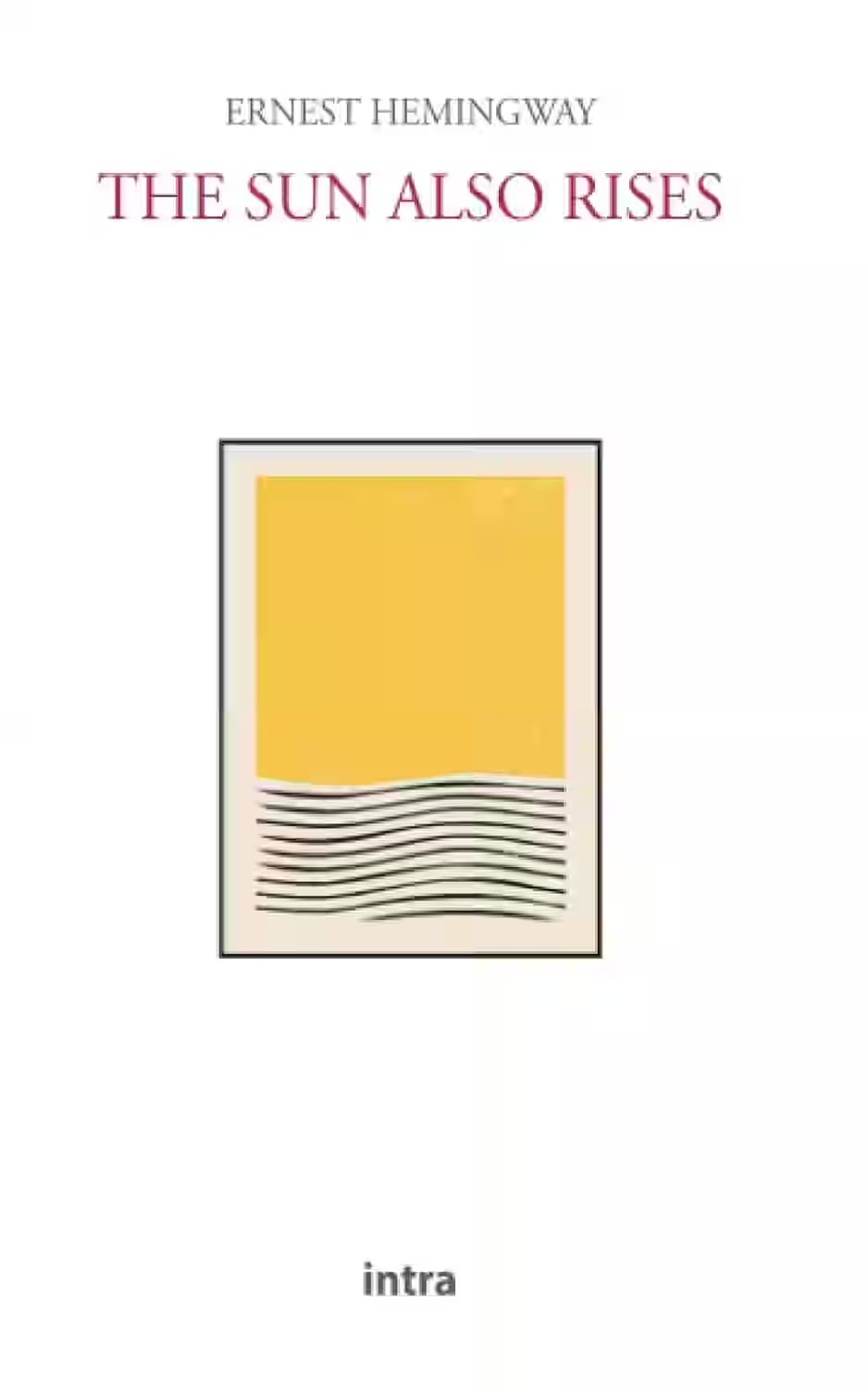War Literature
War literature explores the impact of war on individuals and societies, depicting themes of conflict, loss, trauma, and human resilience.

All Quiet on the Western Front
Erich Maria Remarque's 'All Quiet on the Western Front' is a poignant and harrowing anti-war novel that sheds light on the devastating impact of World War I on soldiers. The story follows young German soldier Paul Baumer as he navigates the brutalities and senseless violence of war, challenging the romanticized notions of heroism and patriotism. Through vivid prose and stark imagery, Remarque captures the physical and psychological toll of battle, highlighting themes of camaraderie, trauma, and disillusionment. The novel's stark realism and timeless message continue to resonate with readers, offering a sobering reflection on the futility of war.

The Sun Also Rises
Ernest Hemingway's 'The Sun Also Rises' is a poignant exploration of the Lost Generation, following American and British expatriates navigating post-World War I Europe. Through the eyes of the disillusioned narrator, Jake Barnes, the novel delves into themes of love, masculinity, existentialism, and the quest for meaning in a broken world. The characters' aimless pursuit of pleasure, particularly through the backdrop of the Pamplona bull-running festival, reflects their deeper sense of aimlessness and alienation. Hemingway's sparse yet evocative prose captures the emotional turmoil and moral ambiguity of the era, making this novel a timeless classic.